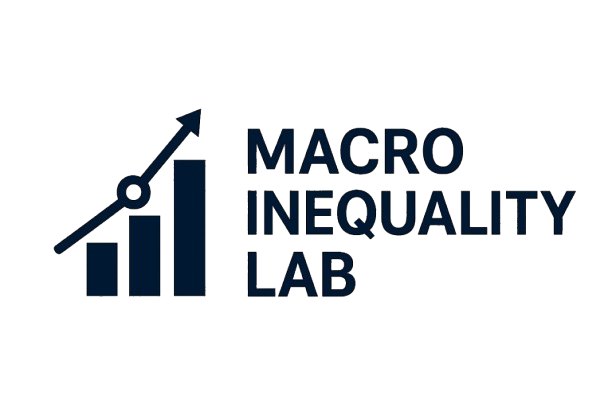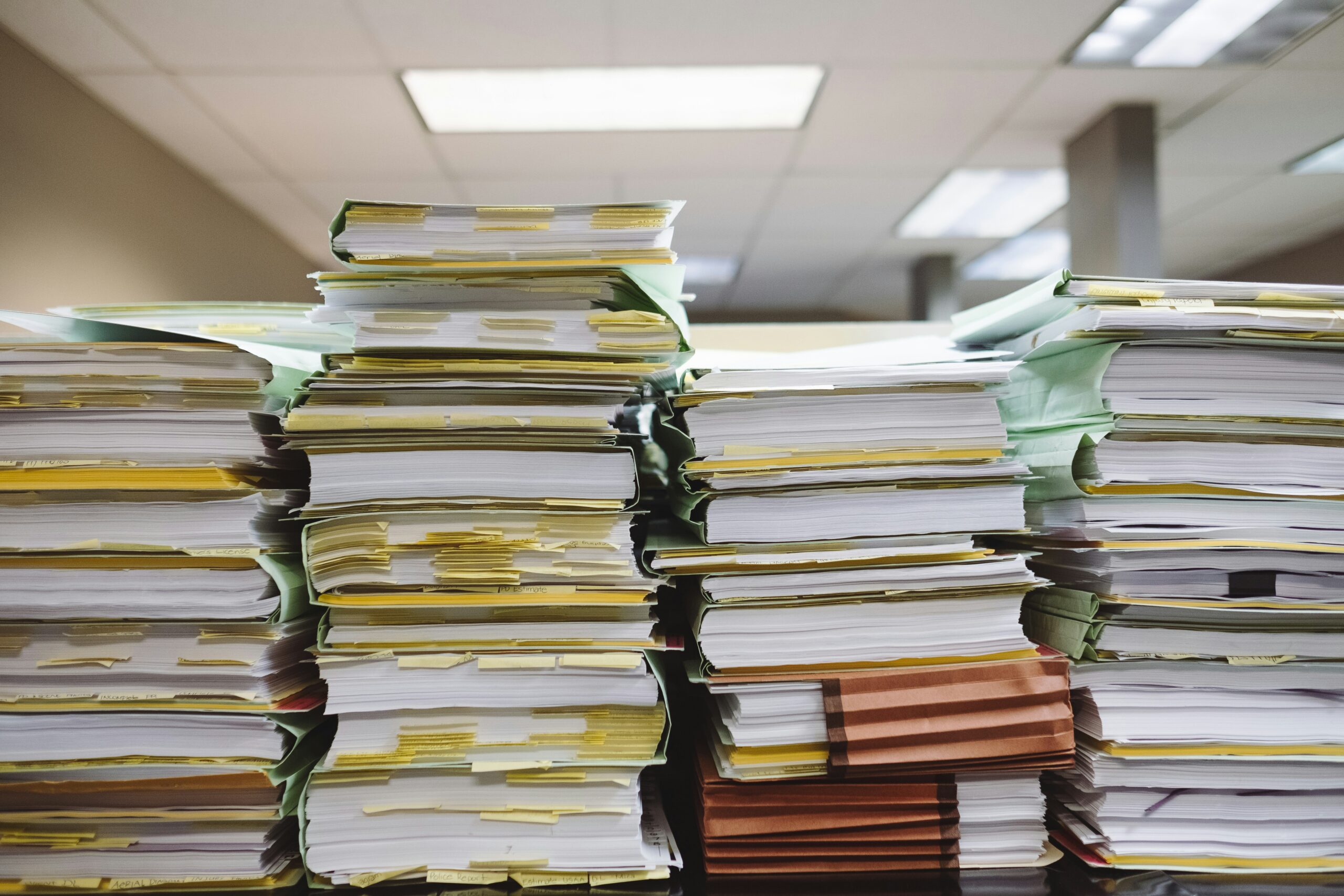
Projects
The Macro Inequality Lab is generously supported by the following donors:
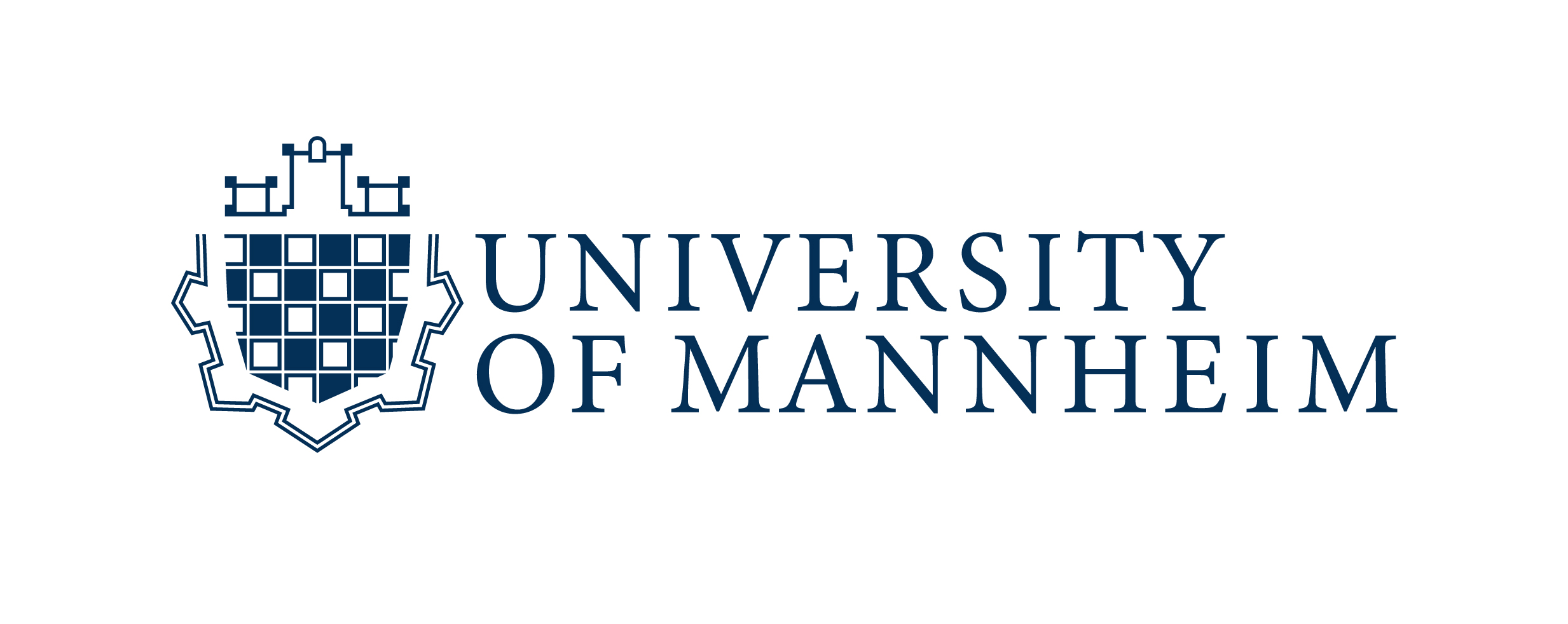
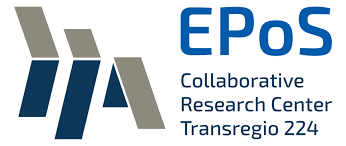

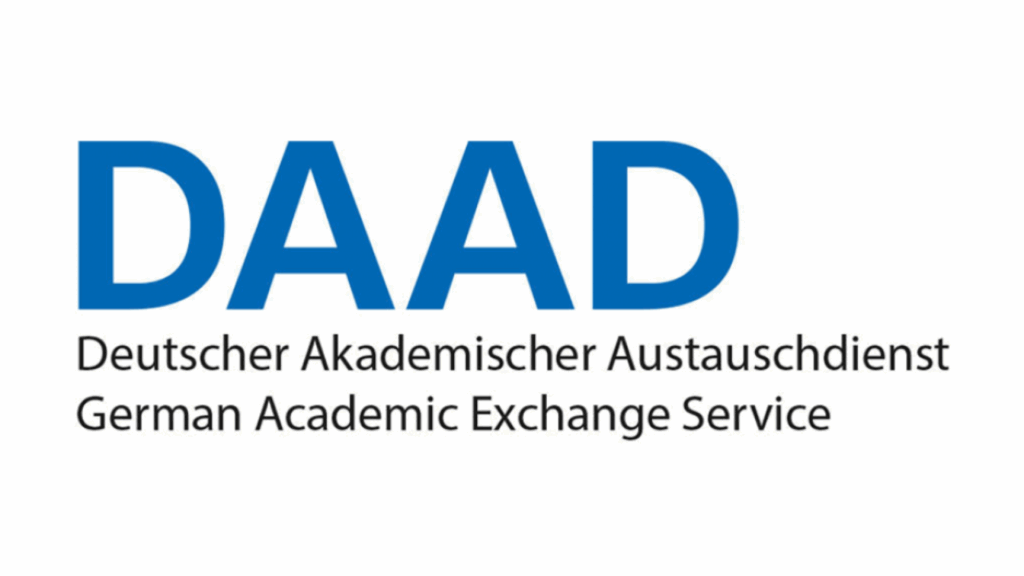
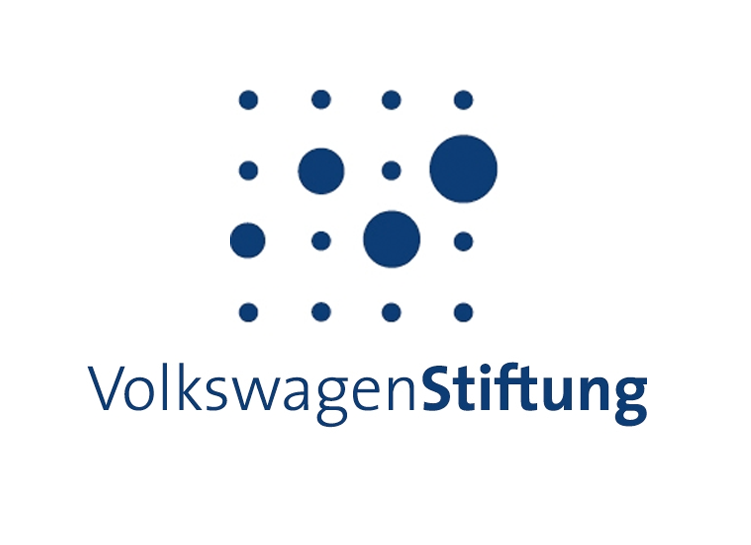
Current projects
Wealth Inequality: Attitudes, Opportunities, and Behavior
This project investigates how wealth inequality shapes households’ attitudes, financial opportunities, and economic behavior. It explores three key questions: how people perceive the fairness of the financial system, how inequality influences the demand for financial security (such as insurance), and how it affects access to financial markets and innovations. Drawing on a newly compiled microdata covering four decades of U.S. financial history, the project integrates empirical analysis with economic theory to better understand the far-reaching consequences of wealth inequality in modern society.
The Macroeconomic Effects of Changes in the Organization of Production
This project explores how shifts in production organization—driven by technology, demographics, and policy—have shaped Germany’s labor market over the past seven decades. By compiling a unique historical dataset from 1957 to 2021, the research analyzes long-term and cyclical trends in wages and employment across industries, job levels, and gender. It focuses on key developments such as rising female employment and the labor shortages of the 1960s “Wirtschaftswunder.” A central innovation is the use of job levels to better understand production structures, offering a more refined view than traditional task-based approaches. The findings will inform economic policy on employment, gender equity, and labor market resilience.
Causes of Portfolio Heterogeneity
Rising wealth inequality and volatile asset markets have made understanding portfolio choices more urgent than ever. This project investigates why people invest differently and how those choices shape wealth accumulation. Using rich new data and innovative models, it explores three key factors behind portfolio differences: job stability, consumption commitments, and trust in financial markets. Each part of the study combines empirical analysis with theoretical modeling to uncover how these factors influence investment behavior. The findings will help improve economic policy design aimed at boosting financial inclusion and supporting broad-based wealth building.
Production Organization, Labor Market Dynamics, and Macroeconomic Performance
This project explores how the way firms organize their production affects the macroeconomy—especially when unexpected events like worker shortages or economic shocks occur. Not all firms operate the same way, and these differences can shape how jobs are created, how wages evolve, and how resilient the economy is. By developing new models and using fresh data, the research will show how production setups influence a firm’s ability to adapt and recover. The goal is to better understand how work coordination impacts performance and to help design better labor market policies for a more stable and inclusive labor market.
